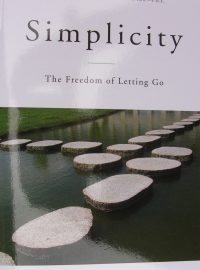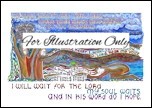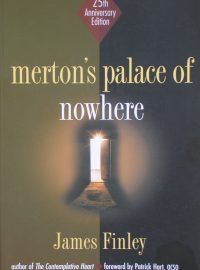Pocket Prayers for the Creative Pilgrim
Additional information
| Weight | 0.012 kg |
|---|---|
| Dimensions | 10.5 × 10 × 0.2 cm |
| Format |
| Weight | 0.012 kg |
|---|---|
| Dimensions | 10.5 × 10 × 0.2 cm |
| Format |








The Linns have a knack for choosing topics that are very timely and communicating them in a way that speaks to our everyday experience. In this book they explore how we discover our unique calling and develop it as a gift – for ourselves, others and the earth. For those caught up in our hectic culture, this little book is a rich source for reflection and prayer that can be used either individually or with groups.
Robert T Sears, SJ Professor of Pastoral Theology, Loyola University

Reviews(0)
There are no reviews yet.